Nobel Peace Prize winner Malala Yousafzai called on the world Sunday to remember the Nigerian schoolgirls who were abducted by the militant group Boko Haram last year and remain missing 300 days later.
“Nigerian leaders and the international community can and must do much more to resolve this crisis and change their weak response to date,” Malala said in a statement marking 300 days since the Chibok schoolgirls were captured. “If these girls were the children of politically or financially powerful parents, much more would be done to free them. But they come from an impoverished area of northeast Nigeria and sadly little has changed since they were kidnapped.”
“These young women risked everything to get an education that most of us take for granted,” she continued. “I will not forget my sisters.”
Islamist extremist group Boko Haram kidnapped 276 schoolgirls from a school in northeast Nigeria last April, triggering global outrage expressed through the #BringBackOurGirls campaign. Although a few girls managed to escape during the kidnapping, the vast majority of the schoolgirls remain missing. Women who have escaped Boko Haram tell of the brutalities they experienced at the hands of the militants, including forced marriage and being sold into sex slavery.
See Malala's Life In Photos
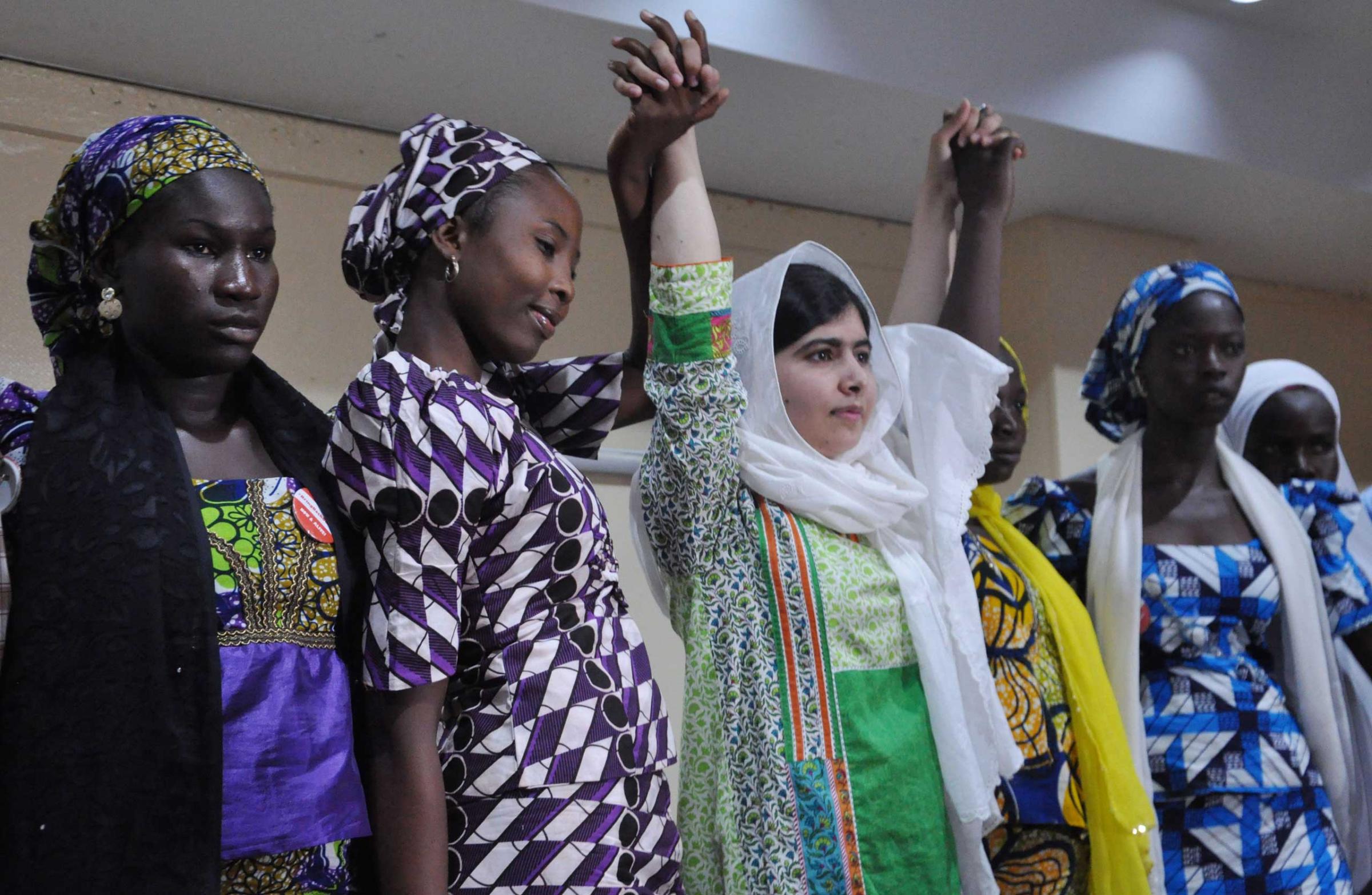
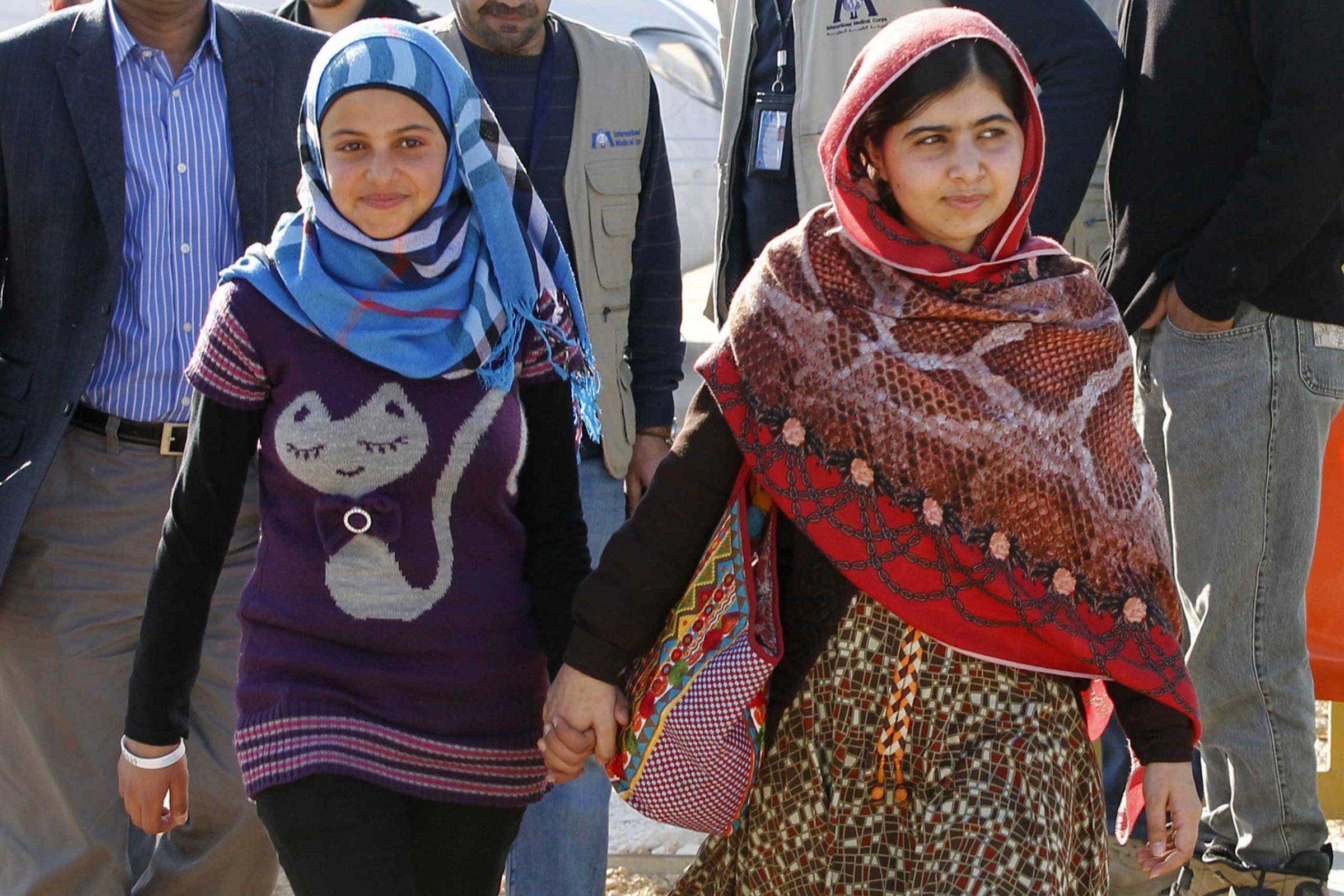
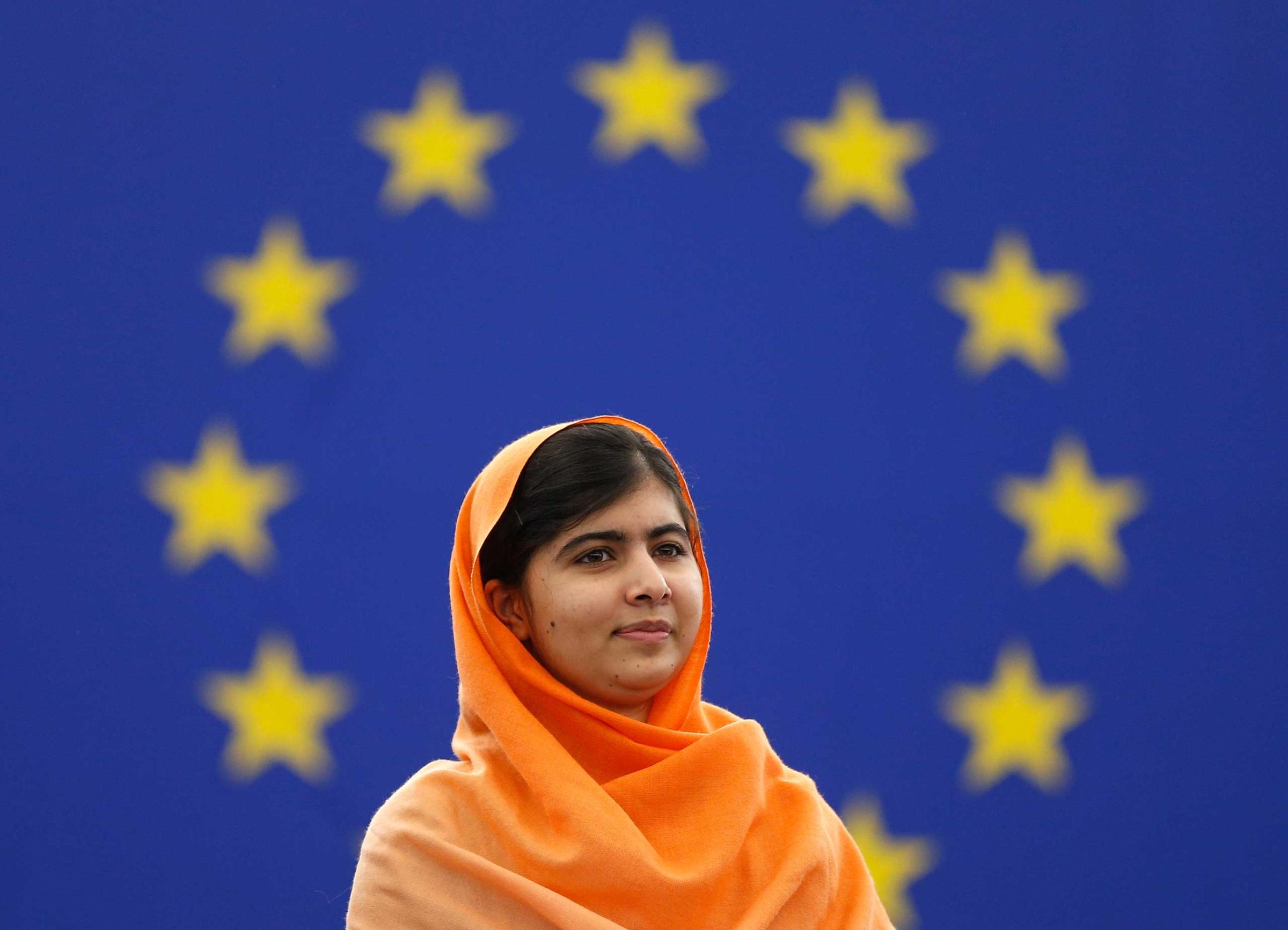
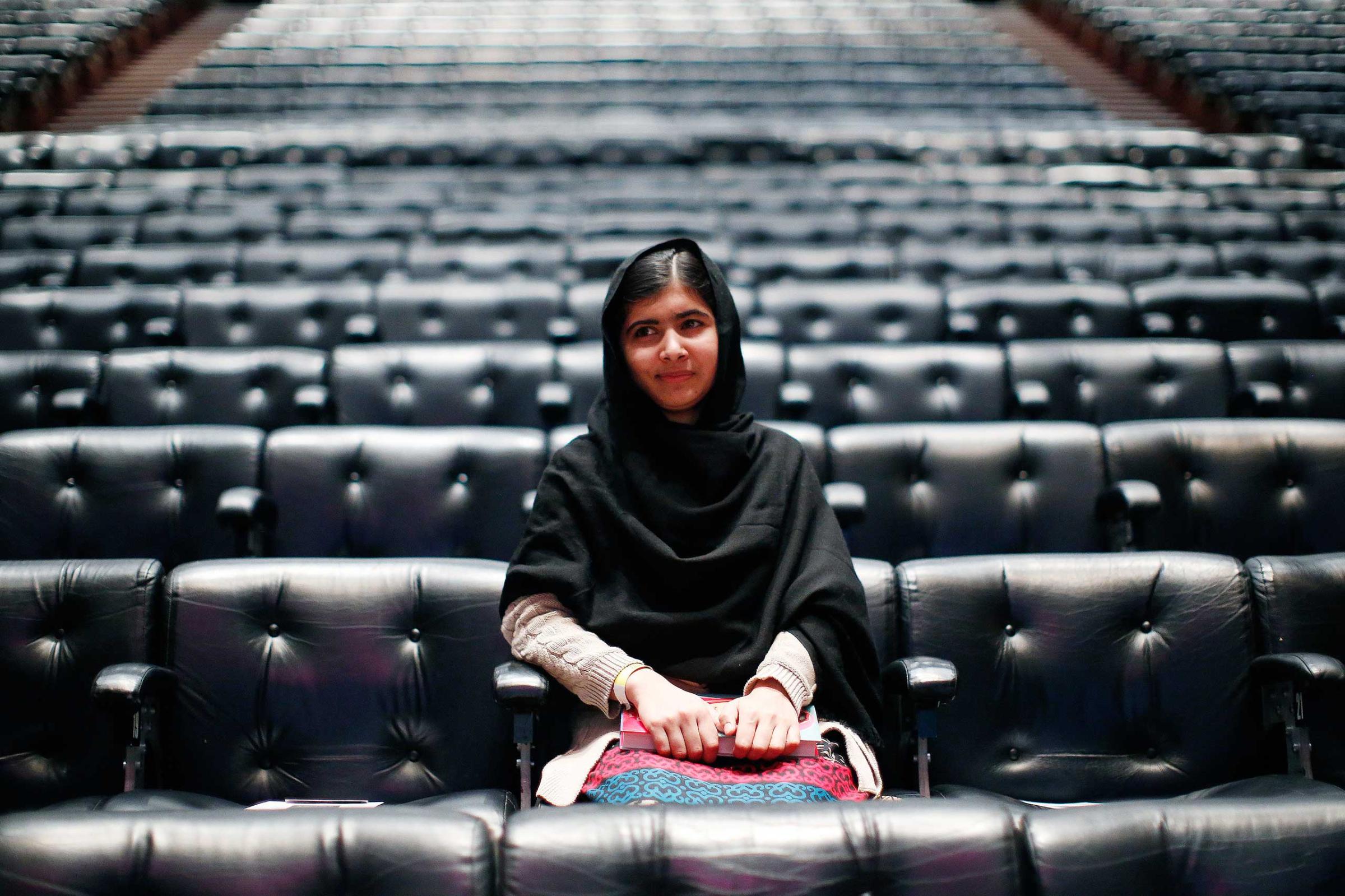
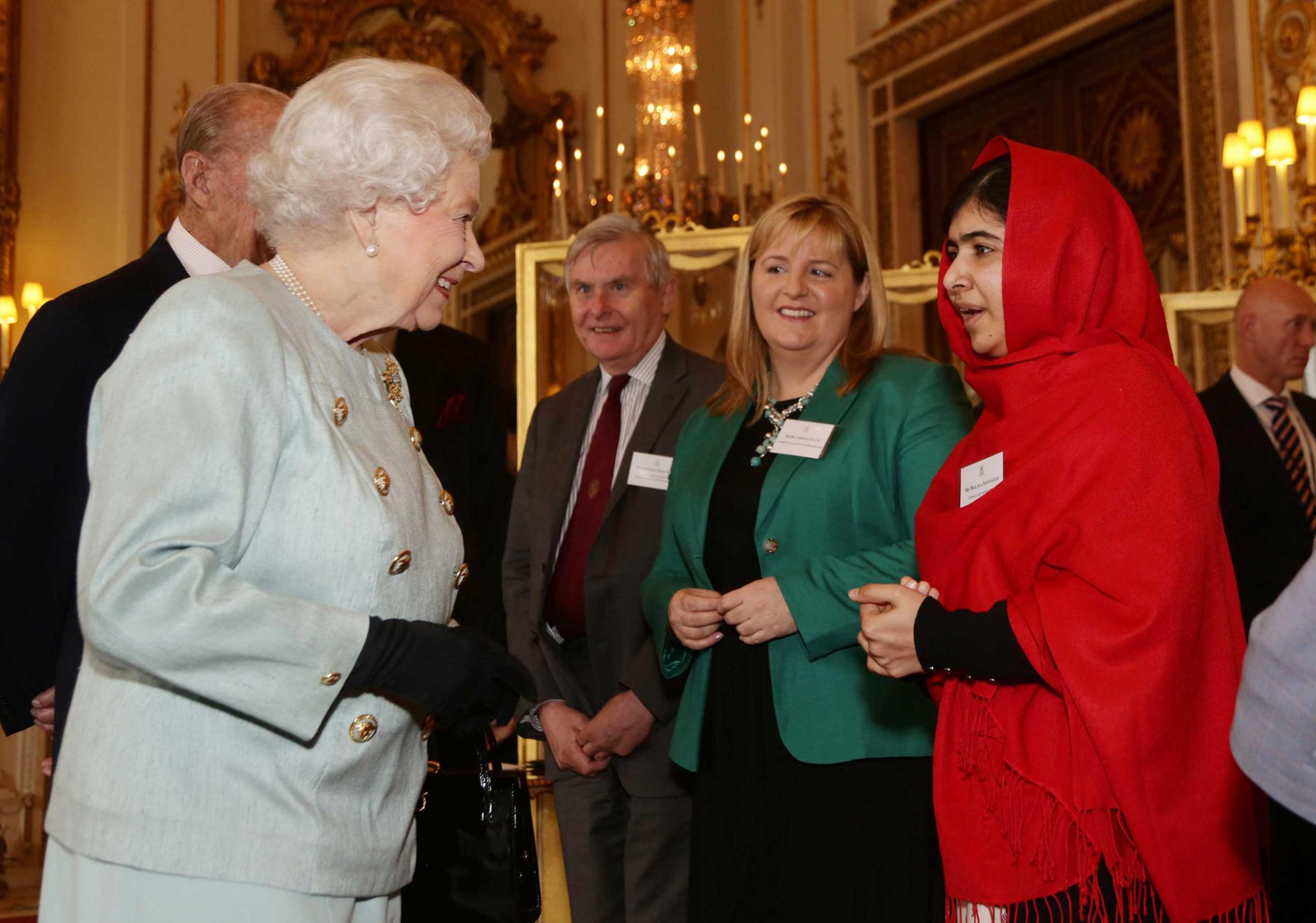
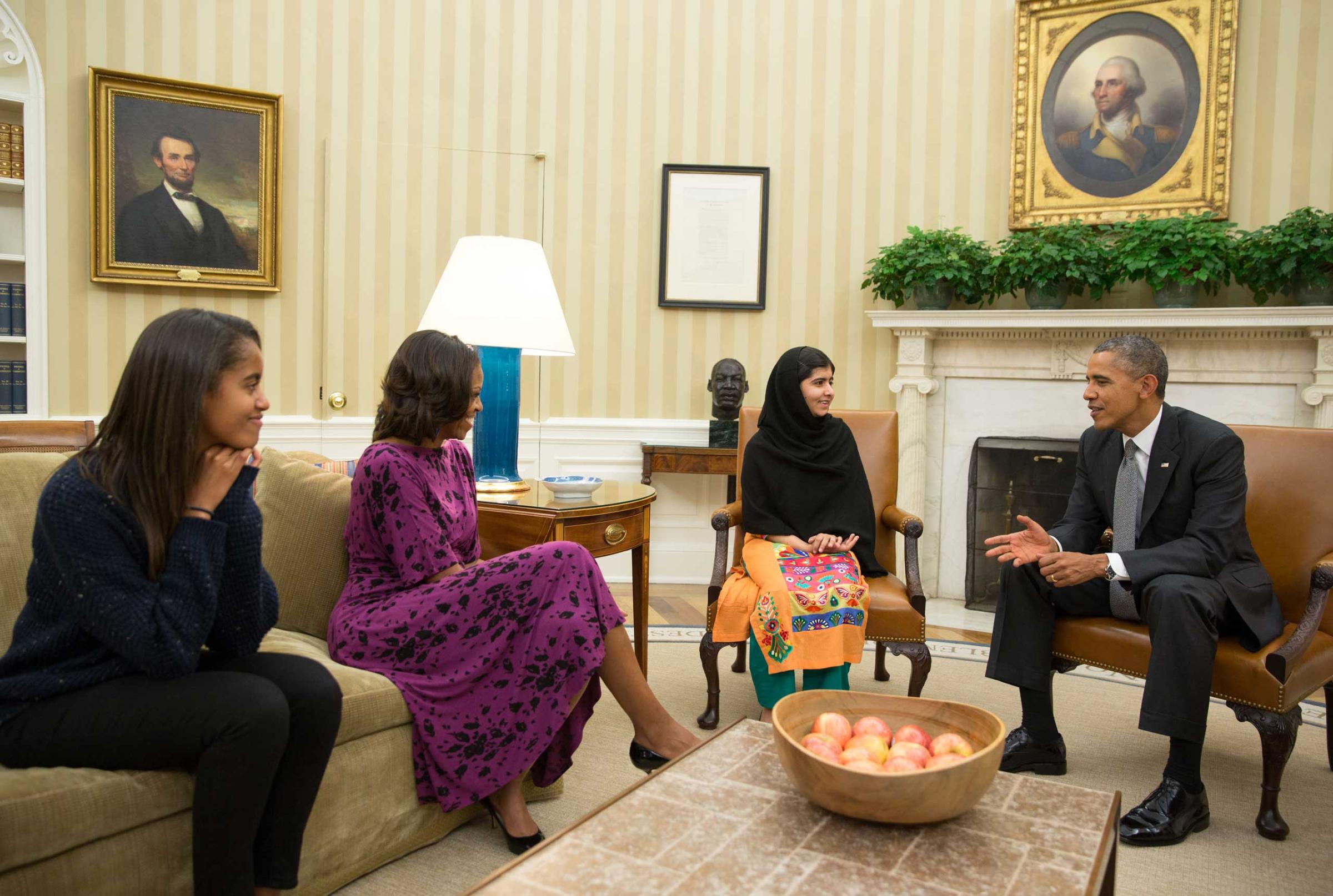
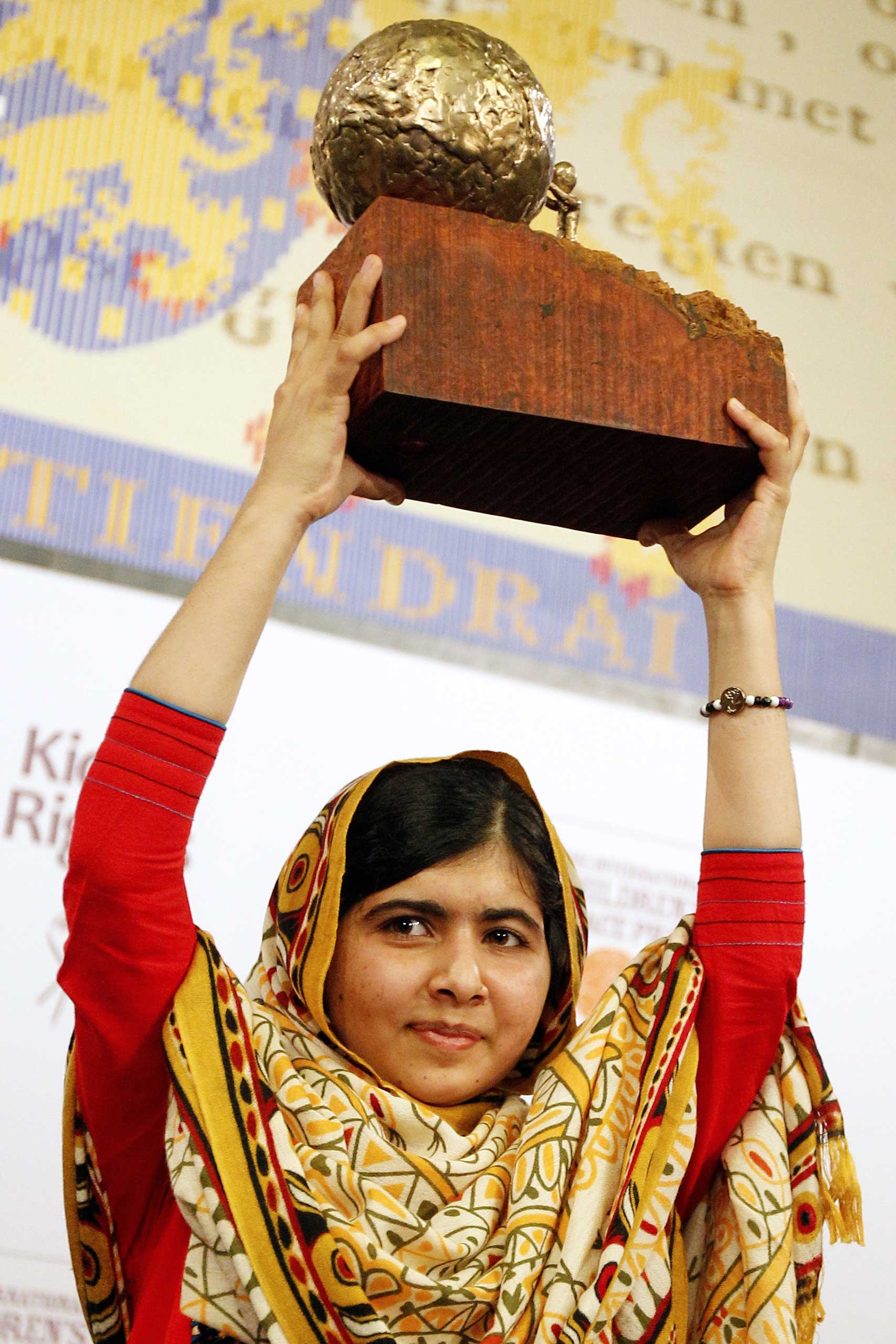
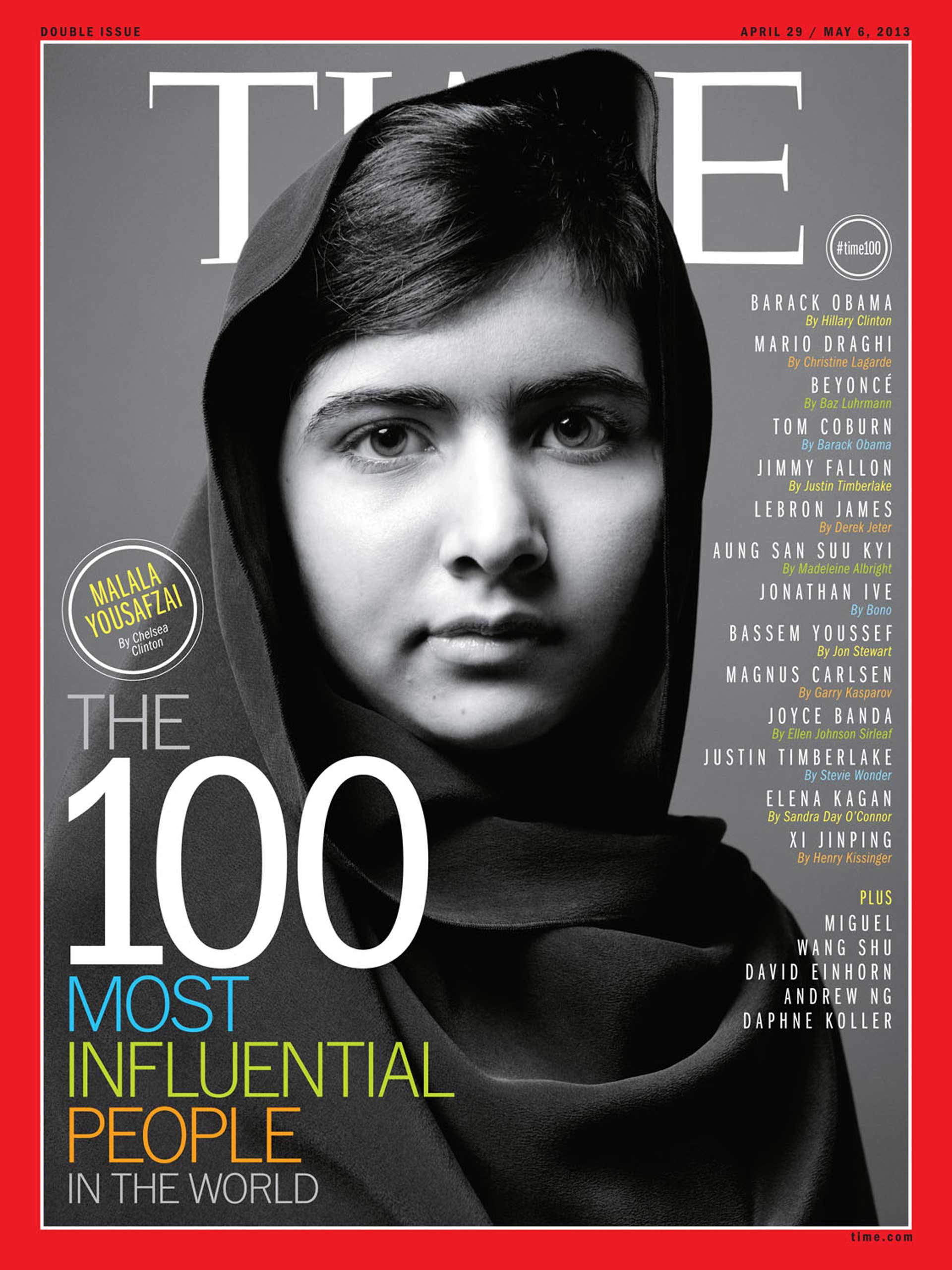
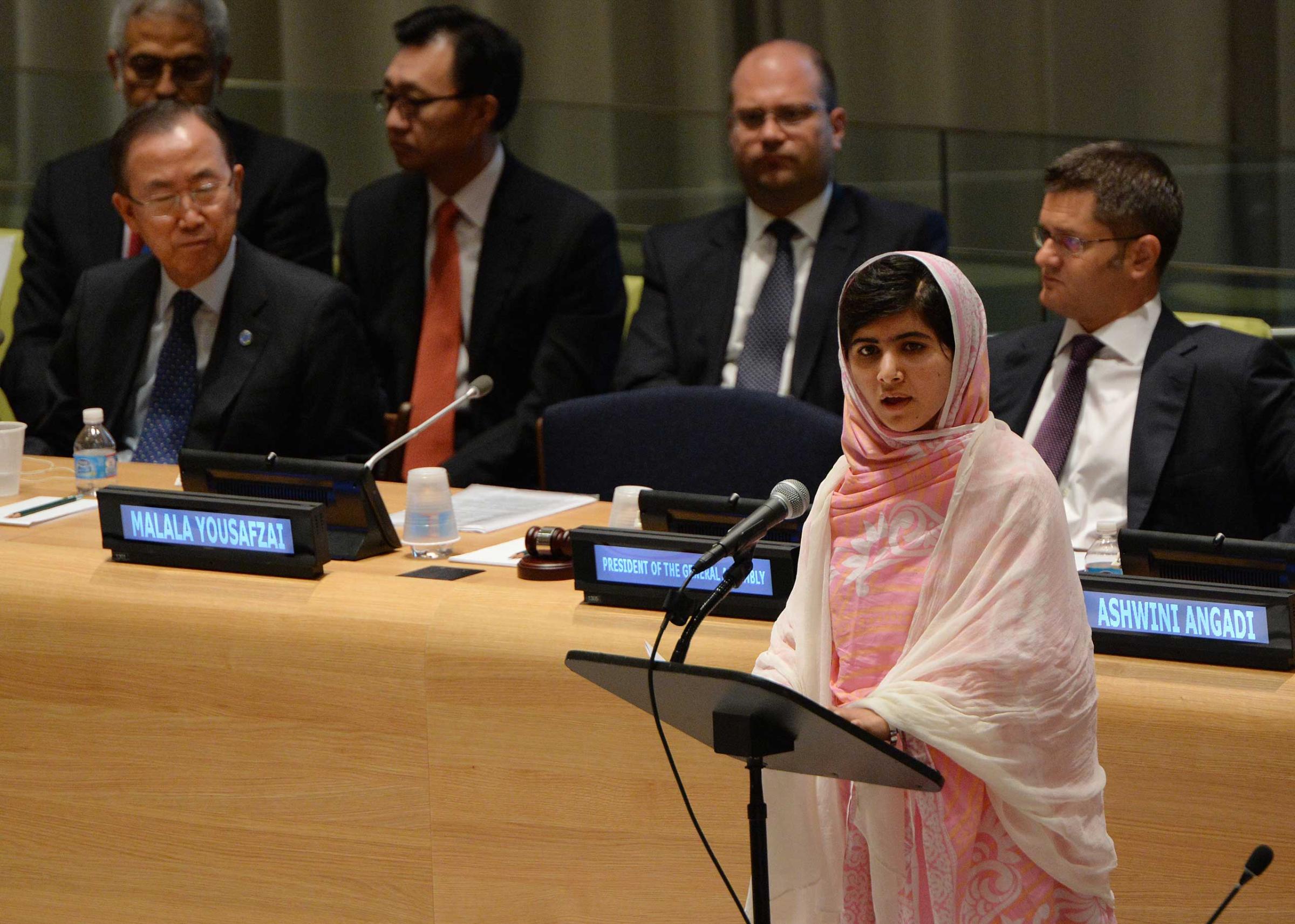
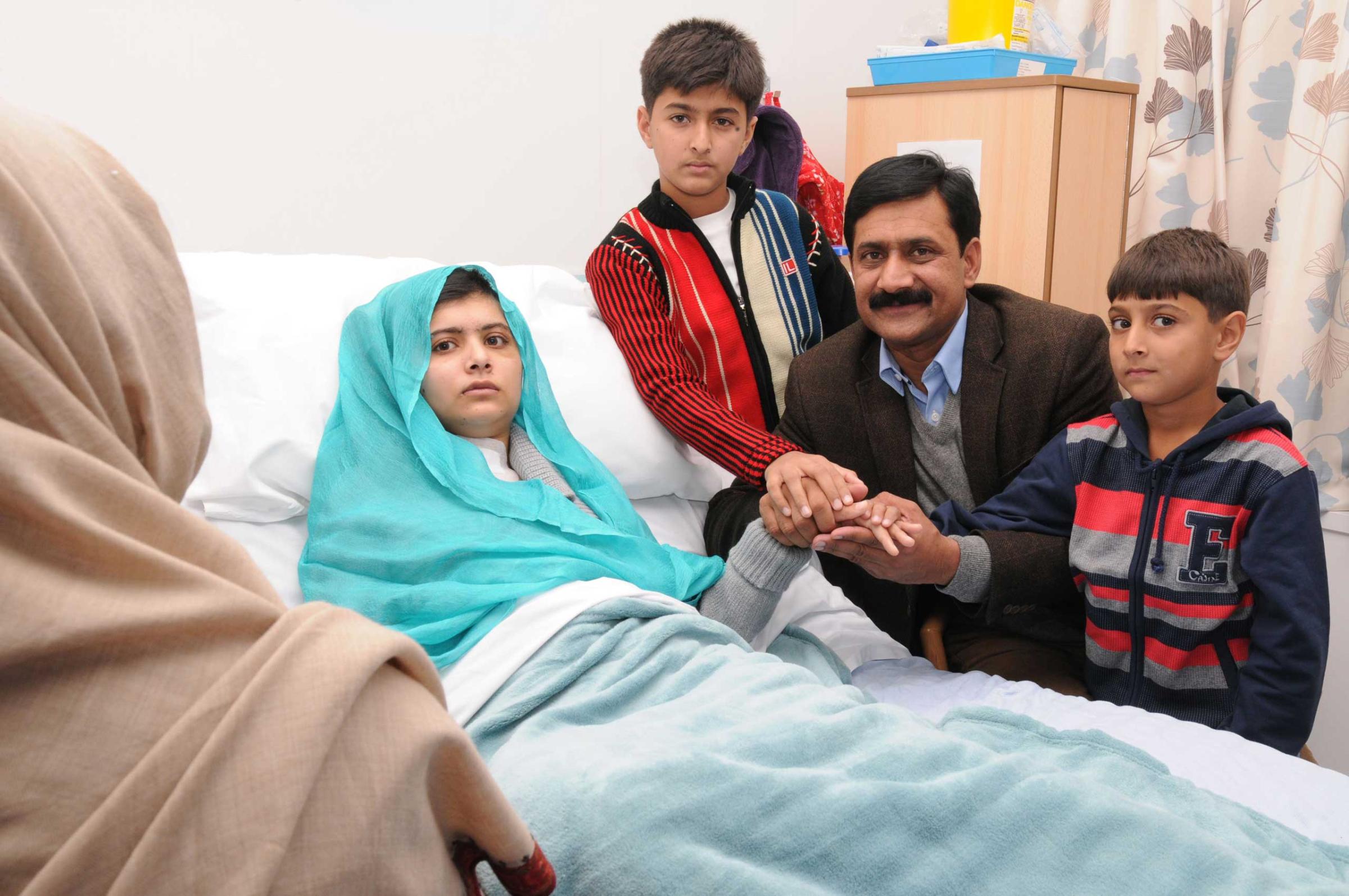
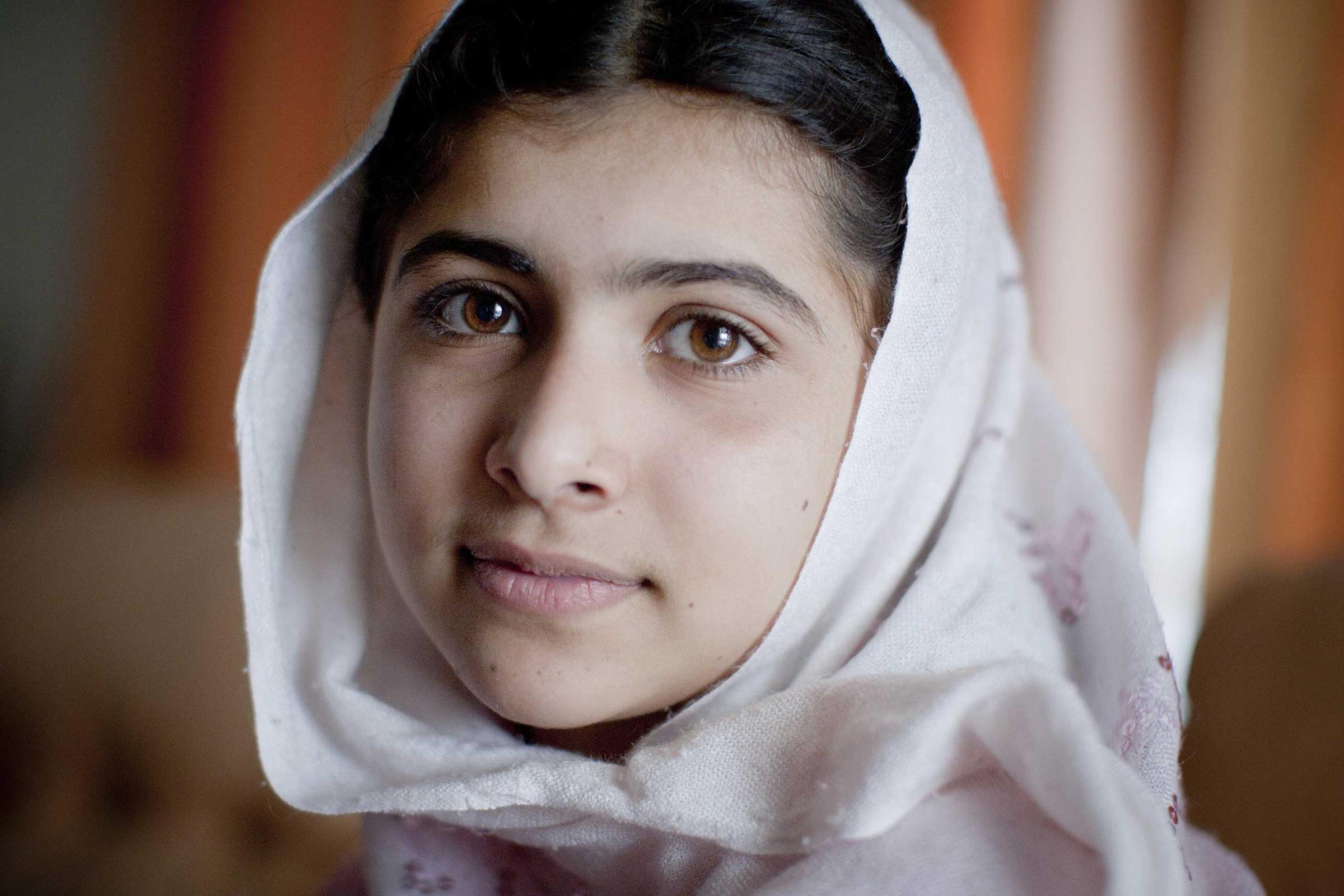
Boko Haram leader Abubakar Shekau released a video last May taking responsibility for the abduction and saying that he would “sell them on the market.”
The 300-day anniversary coincides with the upcoming Nigerian presidential elections, which are increasingly threatened by the Boko Haram insurgency. This week, the government announced they would delay the elections because of instability in the northeast part of the country, largely controlled by Boko Haram.
“Politicians now running for office for next week’s elections should not only demonstrate their empathy but finally take some responsibility for this tragedy,” Malala said. “The leaders of Nigeria should commit to work together and make the case of the Chibok girls a priority in their first 100 days in office, as well as the education of every Nigerian child.”
More Must-Reads from TIME
- Cybersecurity Experts Are Sounding the Alarm on DOGE
- Meet the 2025 Women of the Year
- The Harsh Truth About Disability Inclusion
- Why Do More Young Adults Have Cancer?
- Colman Domingo Leads With Radical Love
- How to Get Better at Doing Things Alone
- Michelle Zauner Stares Down the Darkness
Write to Charlotte Alter at charlotte.alter@time.com